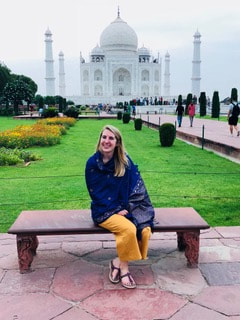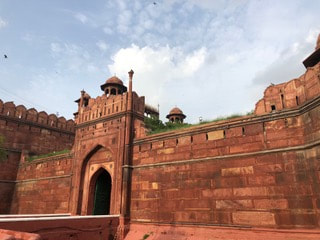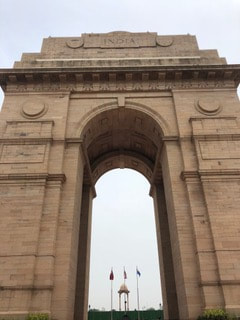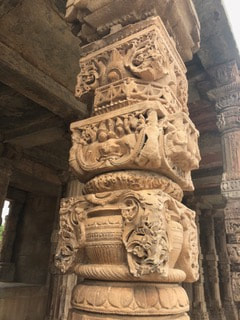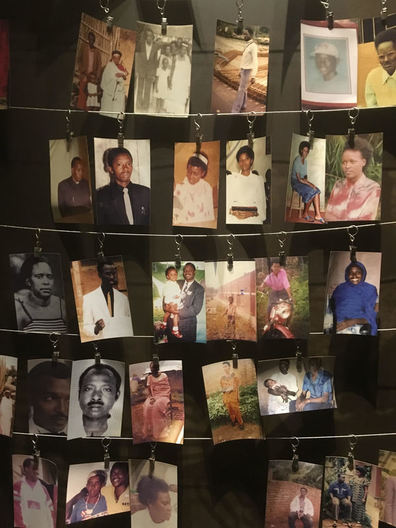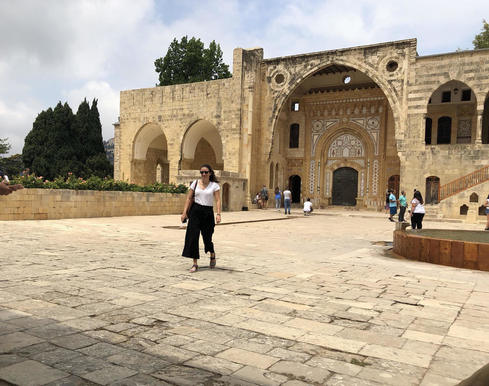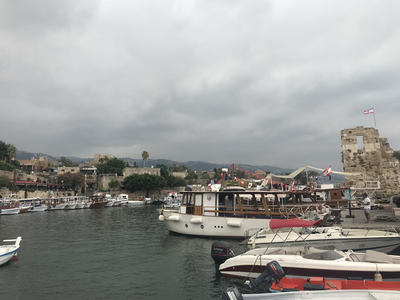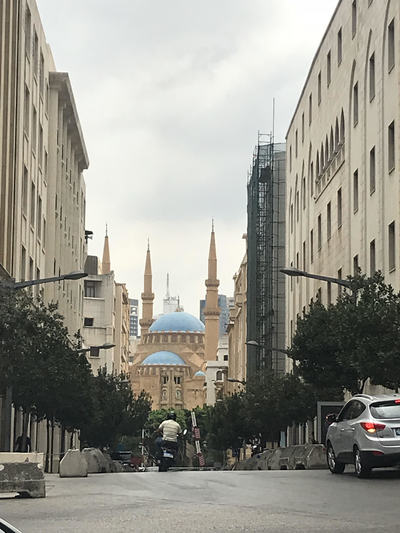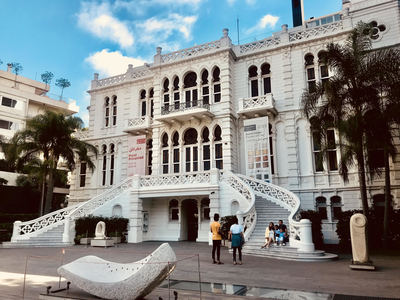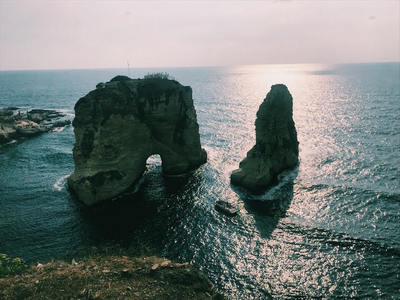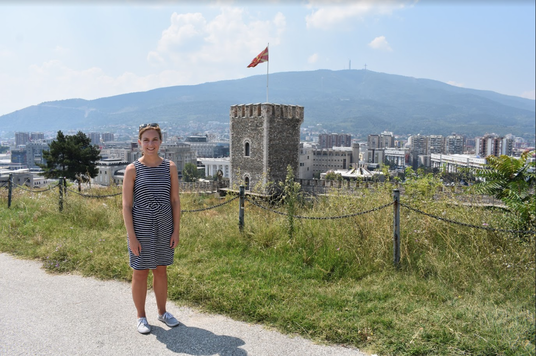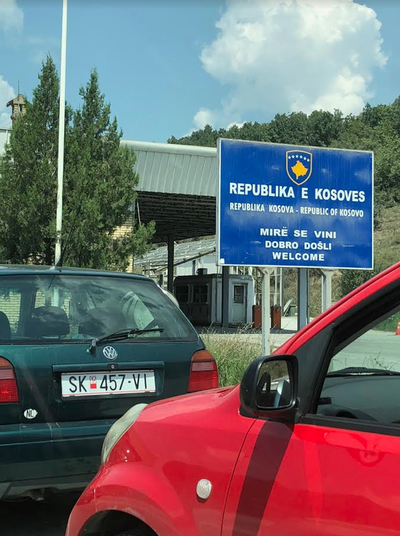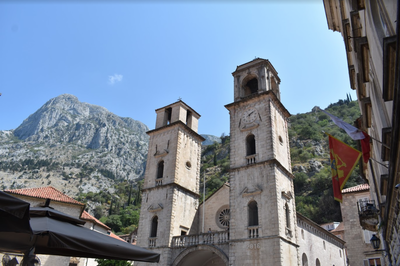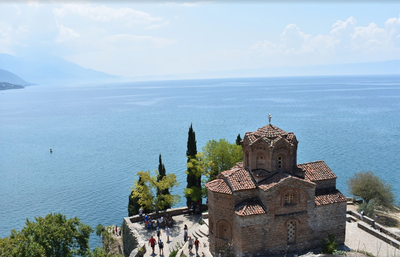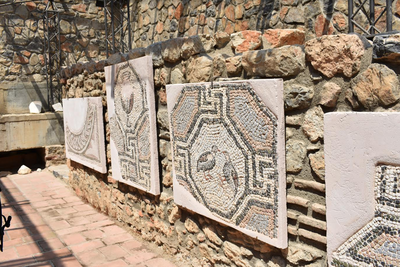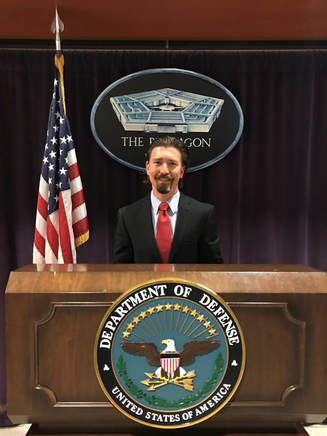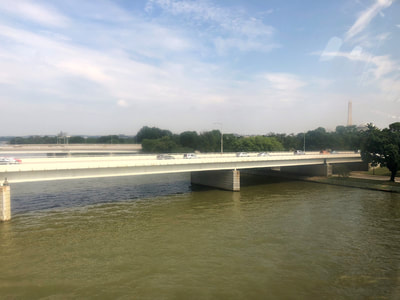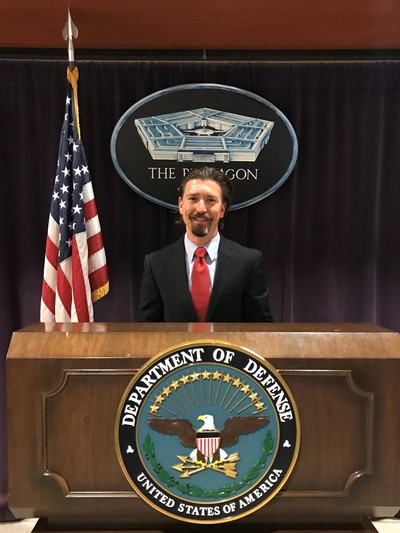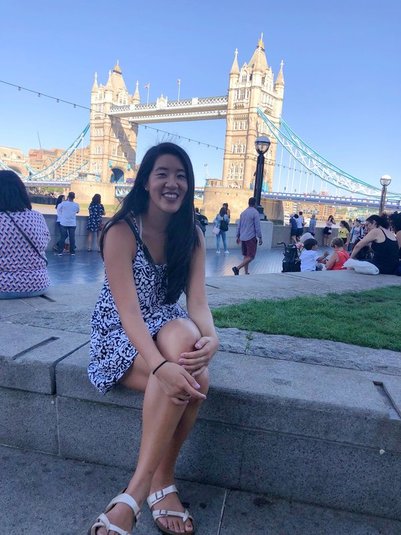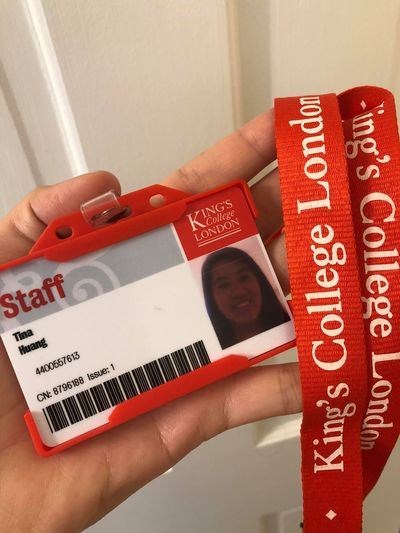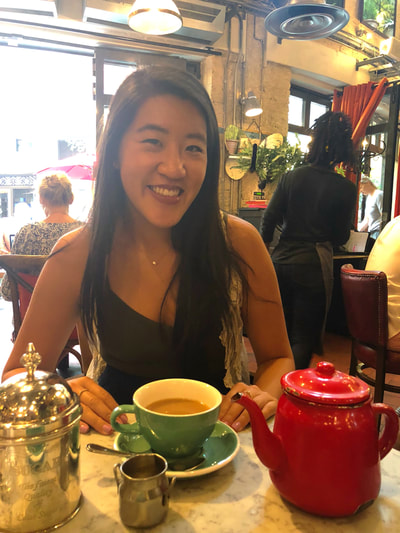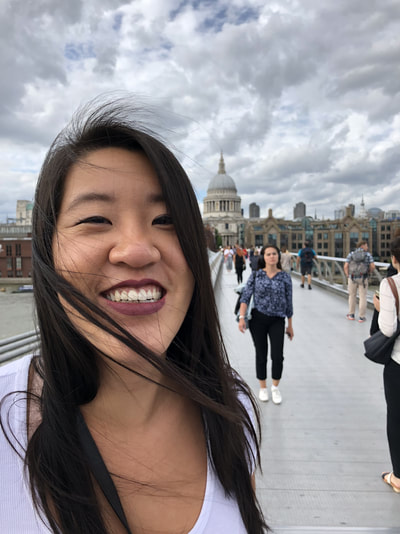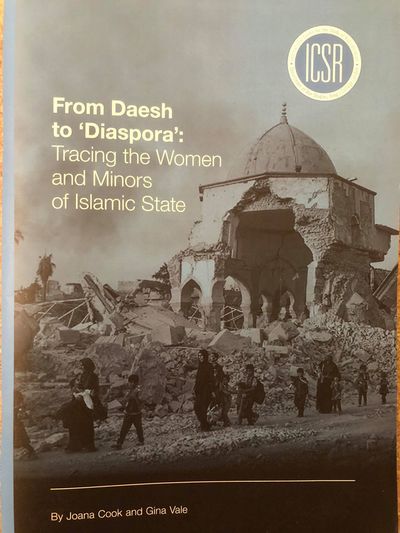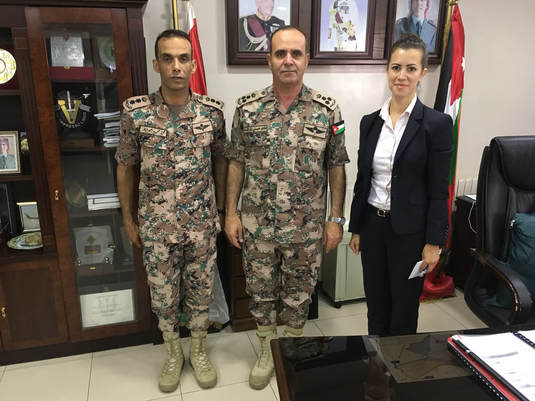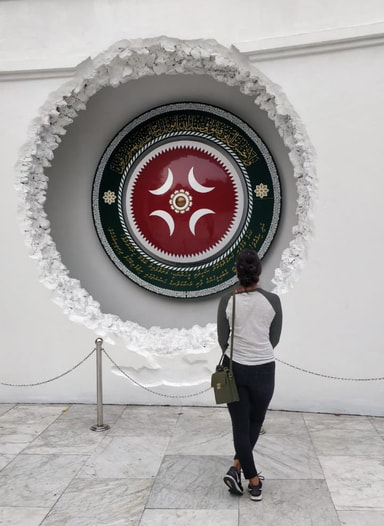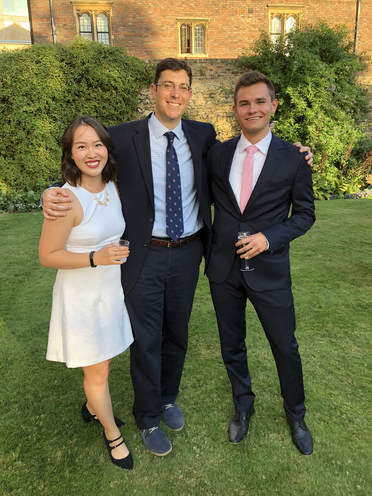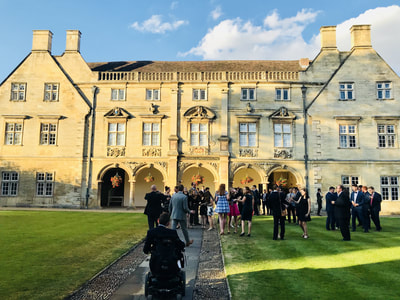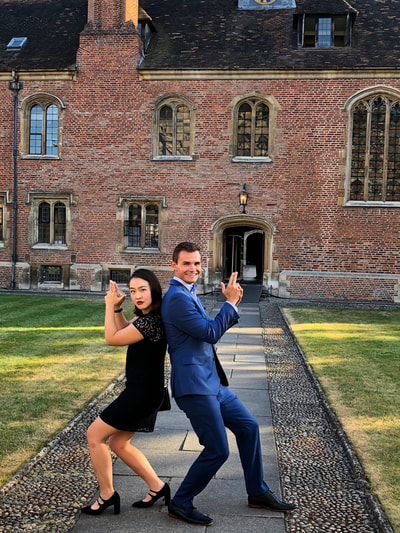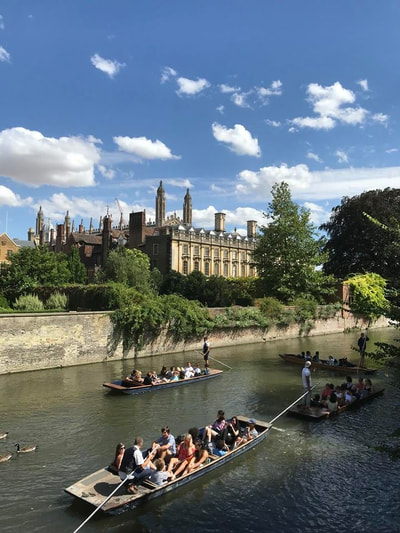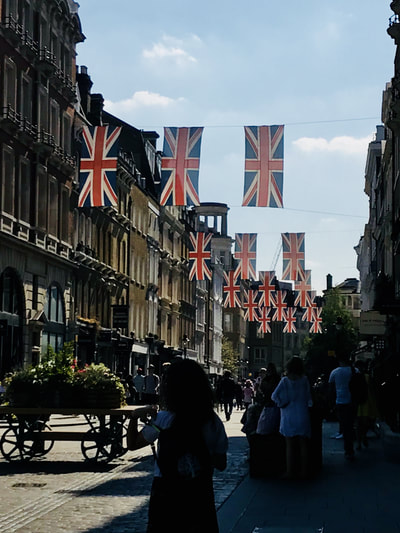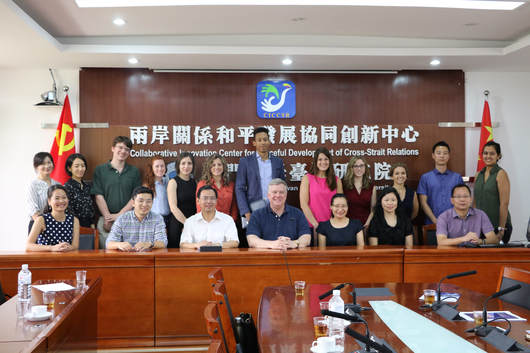How did you come up with your project and why does it interest you?
Nuclear issues have always been a significant academic interest. While many of my courses have primarily focused on U.S. nuclear strategy, I wanted to look at the global nuclear order from a different lens. Professionally, I have enjoyed monitoring U.S.-India issues and Indian domestic policy. By analyzing the Indian-Pakistan nuclear conflict, I was able to combine an academic subject that I have always been interested in with a contemporary regional focus. I also focused on India as I believe I will have a more thorough understanding of global nuclear relations by researching nuclear issues from a non-U.S. perspective that I will be able to effectively apply to my academic courses.
What was the biggest lesson you took away from this experience?
The biggest lesson that I took away from this experience is to always consider the importance of local perspectives. Had I not had the chance to talk directly to Indian scholars on this subject, I would have only had a partial understanding of the topic. However, once I met with scholars in India, my whole perspective on the issue changed. Many of these scholars asserted that India’s real nuclear threat comes not from Pakistan, but from China. While I have always understood that China’s strategy and nuclear capabilities would undoubtedly affect Indian nuclear strategy, it was significant to me that the local perspective largely pointed to the Indian-China relationship as comparatively more concerning. As I continue to think about global nuclear issues, and international relations in general, this experience was a welcome reminder how locals will likely view the issue differently than we may in Washington D.C. and the importance of understanding the origins and merits of these views.
What are two interesting things about India that the average person doesn’t know?
One interesting thing that I learned during my trip was a new perspective related to U.S.-Indian relations. While news outlets and policymakers can be quick to criticize certain aspects of Indian foreign policy, one scholar during my trip offered the view that the U.S.-Indian relationship has only been significantly strengthened throughout the last decade. Therefore, instead of treating India as a partner that the U.S. has had for hundreds of years, it must think of its relationship with India as comparatively nascent. I agree with this assessment and believe that this should form the baseline from which we can understand the U.S.-India bilateral relationship.
Another interesting thing I learned was the importance of the Hindu culture in India. I had previously been largely unexposed to Hinduism, but was able to explore various aspects of the religion during my time in the country. One interesting fact that I learned is the cities that end in the suffix “pur,” such as Jaipur, Jodhpur, and Udaipur, usually denote that they were previously ruled by a Hindu leader. On the contrary, cities that end in the suffix “abad,” such as Islamabad or Hyderabad, were usually ruled by a Muslim leader.
